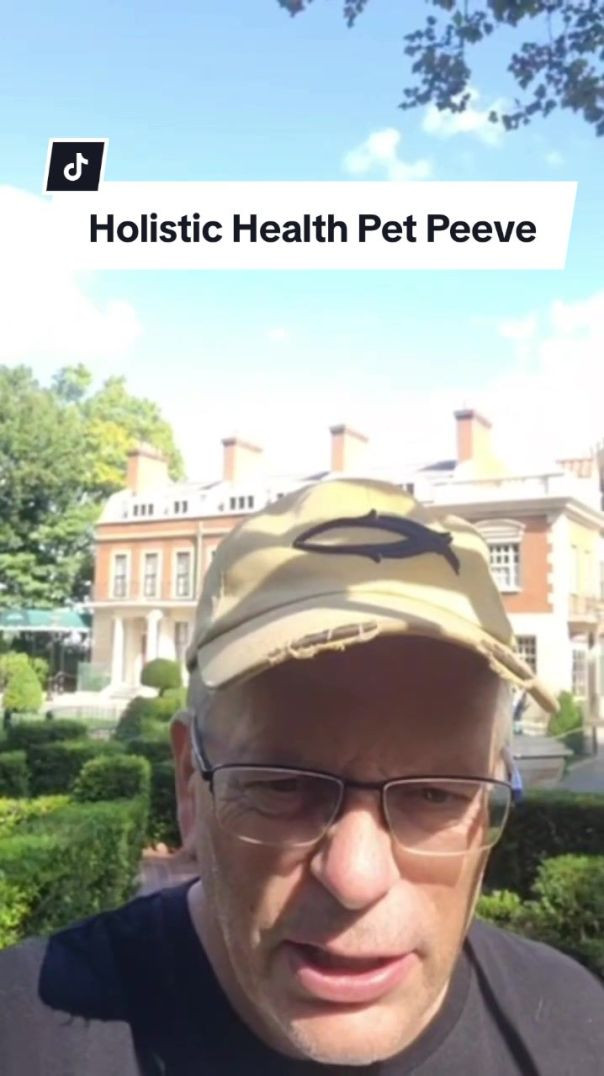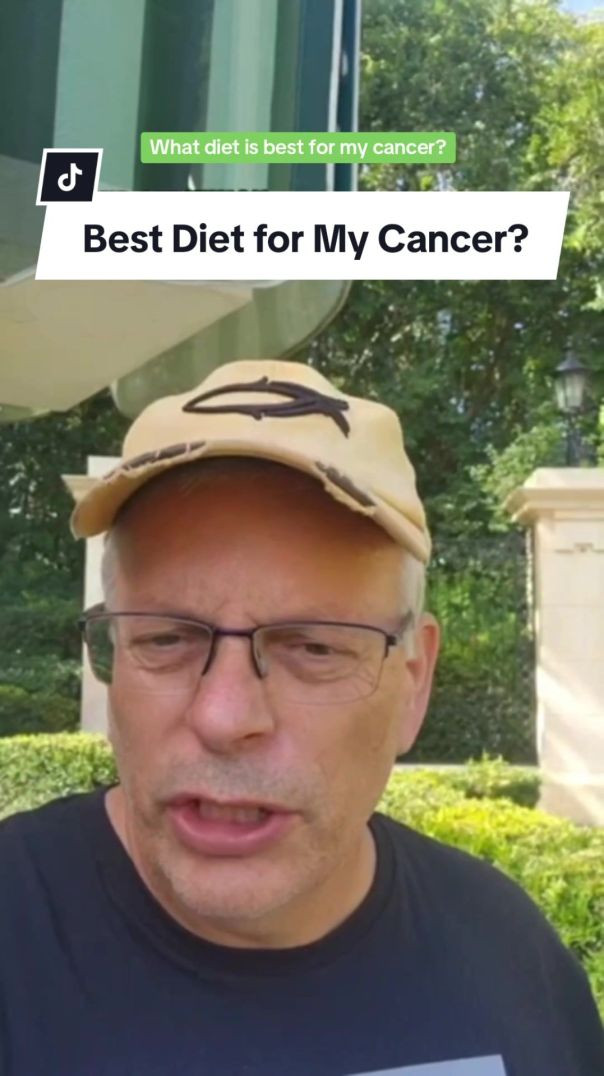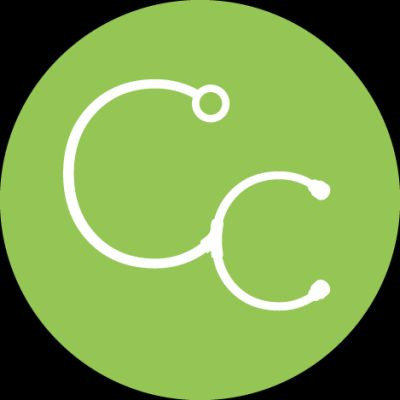Шорты создать
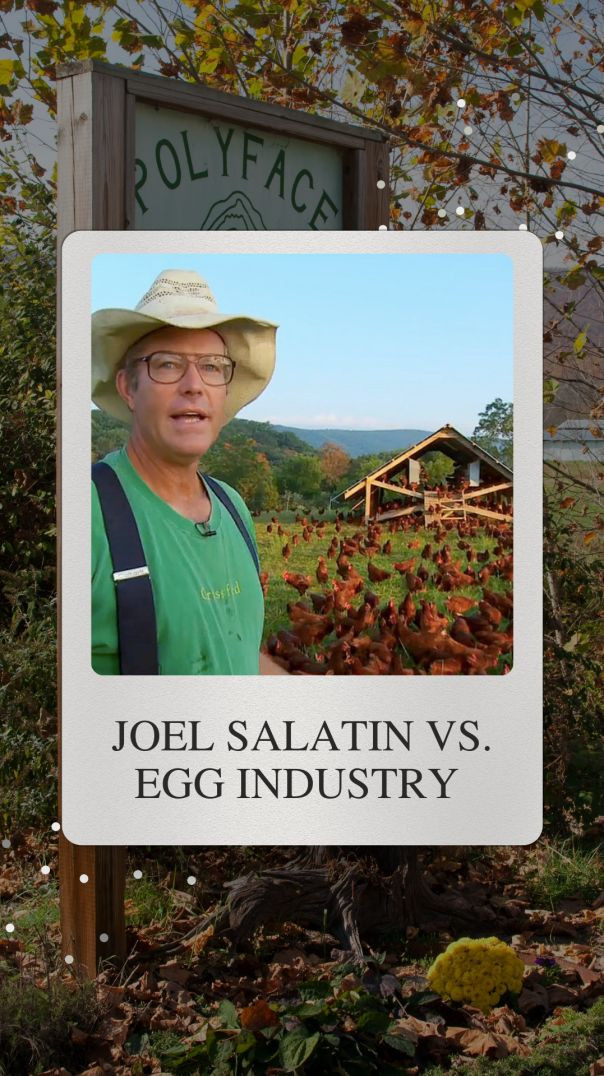
🚨 This will blow your mind! 🚨 Listen up to what Joel Salatin has to say about how backyard chickens could shake up the entire egg industry – and potentially make it obsolete. In this clip from his conversation with Joe Rogan, Salatin breaks down the power of local food systems and what a simple change could do. Just look at the example he shared:
A city in Belgium launched a unique initiative, offering three free chickens per household to any family interested. Over 2,000 households took up the offer – that’s 6,000 chickens in one city! 🐔 The results? The city reduced food waste going to landfills by a massive 100 TONS in the very first month. Plus, these families suddenly had their own fresh eggs at home, without needing to buy from the store.
Imagine this on a larger scale – Salatin suggests that if just 1 in 3 households in the U.S. had enough chickens to handle kitchen scraps, the egg industry could become completely unnecessary! That’s the revolutionary impact of rethinking food systems and decentralizing food production. 💥
If you’re curious about regenerative farming, organic food systems, and making small choices with big impacts, Joel Salatin is your guy. He’s written over 15 books and done countless interviews, including with Joe Rogan. Just search ‘Joel Salatin’ on YouTube to dive deeper into his powerful ideas on holistic health, sustainable farming, and community-driven food solutions.
What do you think? Could this backyard chicken movement really change things? 🐓🥚
#joelsalatin #backyardchickens #eggindustry #sustainablefarming #joerogan #foodrevolution #organicfarming #regenerativeagriculture #connersclinic #maha
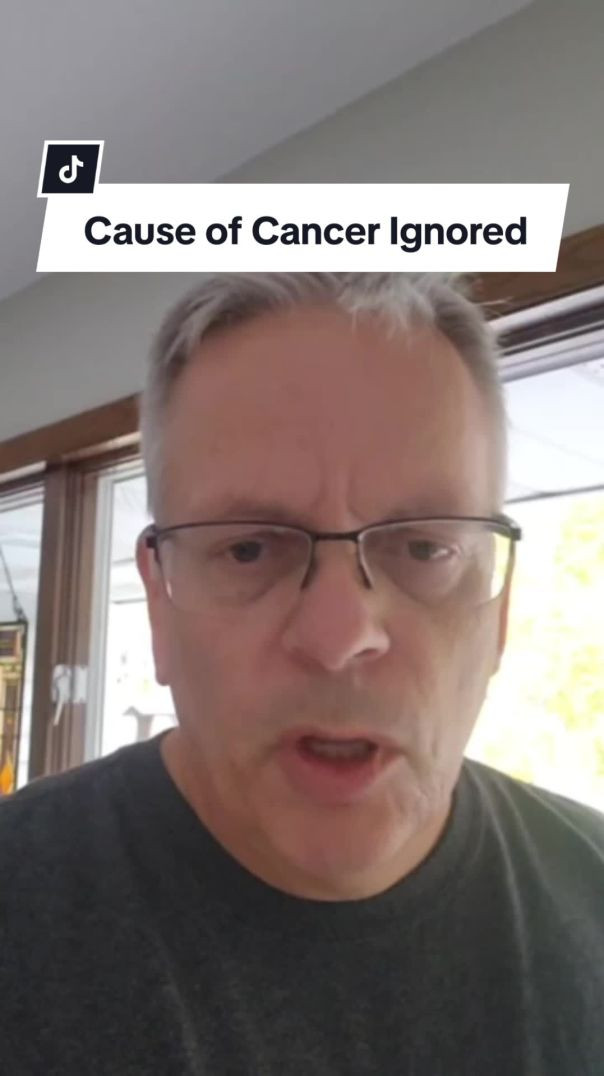

🚨 #maha Update This Week
What’s Shaking in the "Make America Health Again" Movement?
Here’s what you need to know from this week’s health and wellness drama:
🔴 FDA Eyes Artificial Food Dyes Ban: In a move that could shake up American diets, the FDA is considering banning artificial dyes like Red Dye 3. This notorious ingredient has been linked to cancer and behavioral issues in kids—despite being banned in cosmetics for years. If this happens, say goodbye to neon snacks and hello to cleaner food labels.
🏛 Trump's Anti-Mandate Education Plan: President-elect Trump announced he plans to cut federal funding for schools enforcing medicine or mask mandates. Love it or hate it, it’s clear his administration has no plans to sit this one out.
💉 RFK Jr. and Poke Policy Stirring the Pot: RFK Jr.’s nomination for Health & Human Services Secretary has sparked concerns over his controversial poke positions. Over 75 Nobel Laureates are begging the Senate to reconsider. Fun fact: António Egas Moniz won the Nobel Prize for pioneering the LOBOTOMY!
🚭 Supreme Court Says ‘Nope’ to Flavored Vapes: The FDA’s ban on flavored vaping products like "strawberry shortcake” stands. Teenagers, prepare for a future where your lungs are spared.
Big changes are brewing, and we’re here for all of it. Follow us to stay in the loop on health news, and all things MAHA.

